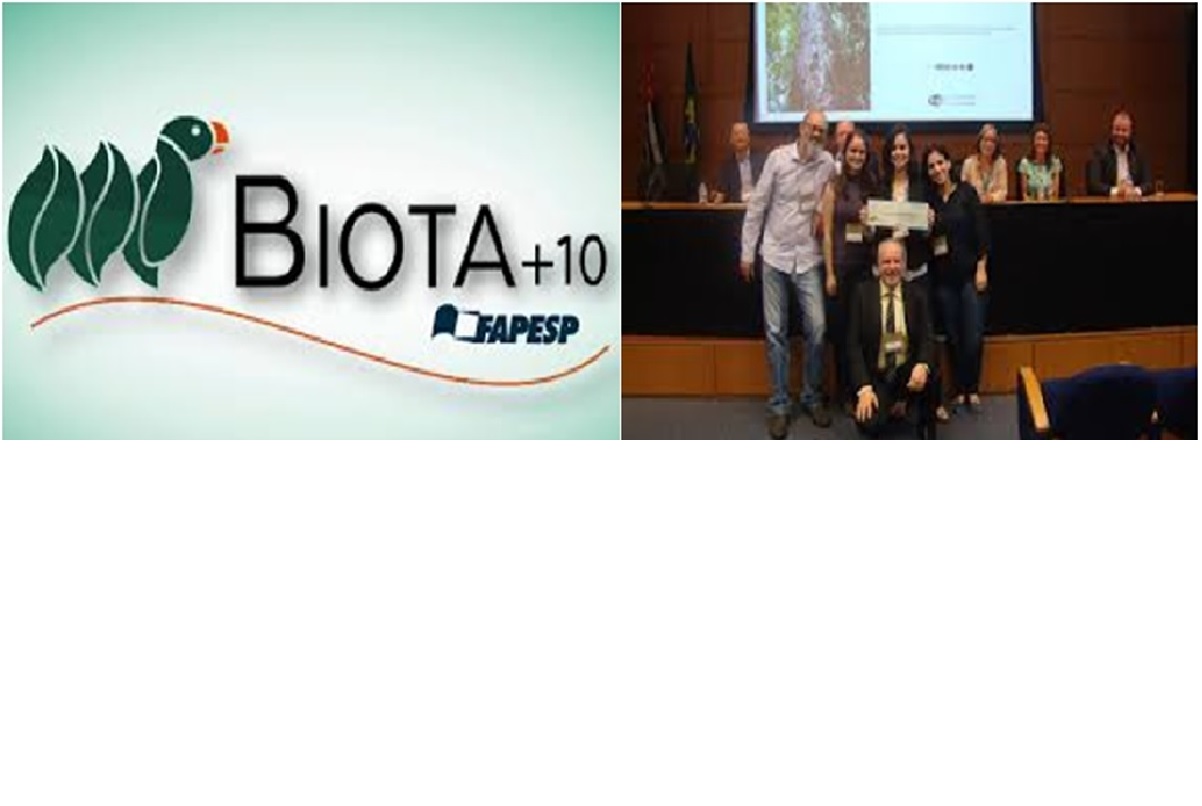Alternatives for sustainable use of biodiversity was the focus of the BiO’LExtracta Project, of Universidade Estadual Paulista – UNESP Araquara.
 Forest restoration of private areas associated to the extraction of vegetable bioproducts and innovative extraction method. This was the revenue of the company in formation BiO’LExtrata, winner of the first group Biota Entrepreneurship contest. The project team was formed by students of master’s and doctorate from UNESP (Araraquara).
Forest restoration of private areas associated to the extraction of vegetable bioproducts and innovative extraction method. This was the revenue of the company in formation BiO’LExtrata, winner of the first group Biota Entrepreneurship contest. The project team was formed by students of master’s and doctorate from UNESP (Araraquara).
The proposal of the group starts of the opportunity that opens from Brazil’s commitment to restore 15 million hectares. Why not use species of economic interest to the biotech industry? In this theme, the project proposed to use native plant species with biological and economic potential as an option for reforestation in areas of Legal Reserve (LR) and Permanent Protection Areas (PPA), under the new Forest Code, in order to encourage a sustainable production chain of plant inputs.
To add a competitive edge to the project, the authors sought a simple, inexpensive, effective and innovative method for the extraction of plant inputs called On-line extraction (OLE that also inspired the company name). This method obtains the extracts of plants without the use of solvent, which makes it environmentally more adequate and remarkably cheaper. It is estimated that this cost rotate around 20% of the currently committed value.
Thus, the production of dyes, crude extracts, enriched fractions and pure substances by BiO’LExtracta may be more attractive to the market of pharmaceuticals industries, phyto, cosmetics, food, as well as preserving biodiversity and its ecosystem services.
The idea is to establish a production chain involving: nurseries that provide native plants of interest for reforestation of APP and LR, farmers who preserve areas, sustainable extraction of plant inputs by BiO’LExtracta, and then made available on the market for the industry.
The proposal comes as an alternative to those landowners who consider that preserving forest on their property may represent a loss. In this sense, the group researched which plants would be recommended for reforestation in the state of São Paulo and found that many of them already have market demand, as well as proven pharmacological actions.
The company plans to start operations by 2017, so it has to FAPESP funding line for small technology-based companies, the PIPE (Innovative Research in Small Business of Fapesp).
The project of the winning team was formed by Dr. Lilian Cherubin Correia, Dr. Alene Cortes de Queiroz e Silva and Ms. Naira Buzzo Anhesine formed by graduate Program in Organic Chemistry from UNESP. Also contributed Gabriel Mazzi Leme and Paula Carolina Pires Bueno, both postdocs at the same institution. The project supervisor was Dr. Alberto José Cavalheiro, of NUBBE (Nucleus of Bioassays, Biosynthesis and Ecophysiology of Natural Products, Institute of Chemistry / UNESP – Araraquara) and the mentor, Dr. Hilton Oliveira dos Santos Filho of Ethos Medical Services Ltda.
For more information access: http://www.biota.org.br/cadeia-produtiva/





